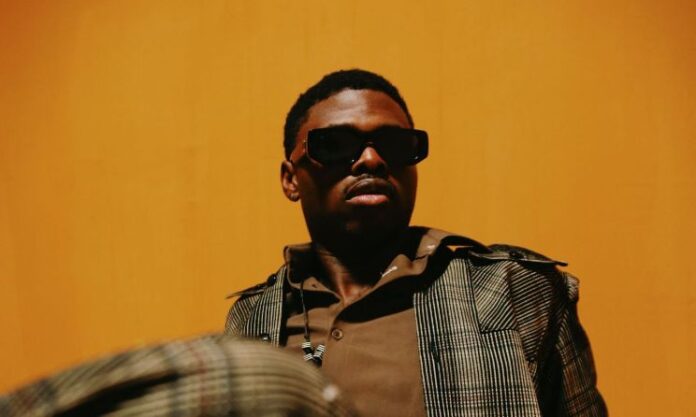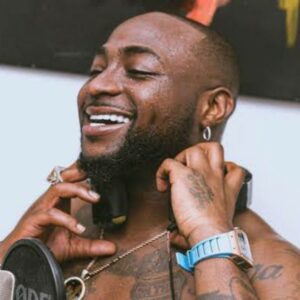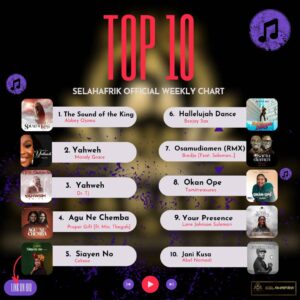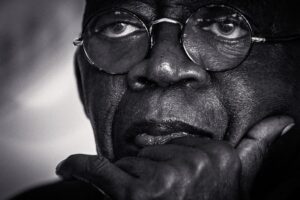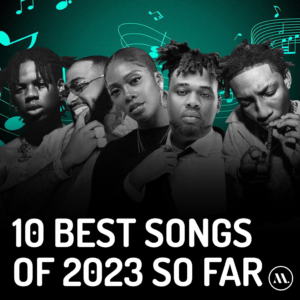“When I was done recording this particular song, I was instantly confused about what to do with the sound, knowing that the message could be misunderstood,” the musician said. “This has nothing to do with promotion of drug abuse, but with having the right conversations around proper attention to mental health. We blame everything on drug use and the devil, thereby enabling individuals to run away from taking ownership of poor decisions”
Ajofé’s team said the track painted a vivid picture of a visionary artist at the forefront of his craft. “Through his music, ajofé not only embraces his cultural duality but also pioneers a new wave in Afro-alternative music,” it said.
Born Adukwu Samuel Atadoga, ajofé began composing songs at the age of 14 and released his debut single ‘Oh Boy Weytin’ while still in secondary school.
His music is characterised by a blend of street vernacular, narrative prowess, and indigenous rhythms under his self-styled ‘Afro-groove’ genre, a sound influenced by artists such as Fela Kuti, Jay Z, Kid Cudi, Pharrell Williams, Kendrick Lamar and earlier inspirations like 2shotz and Biglo.
He is behind a trilogy of EPs: Lucid I: Negros Creed, Lucid II: The Jungle and Lucid III: The Black Stories. Thematically, the EP series delves into personal struggles, growth, love and global racial issues.
In 2020, ajofé unveiled his debut album Artwork Loading… The collection is founded on elements of hip hop, soul and dancehall as well as storytelling encompassing themes of pain and redemption.


